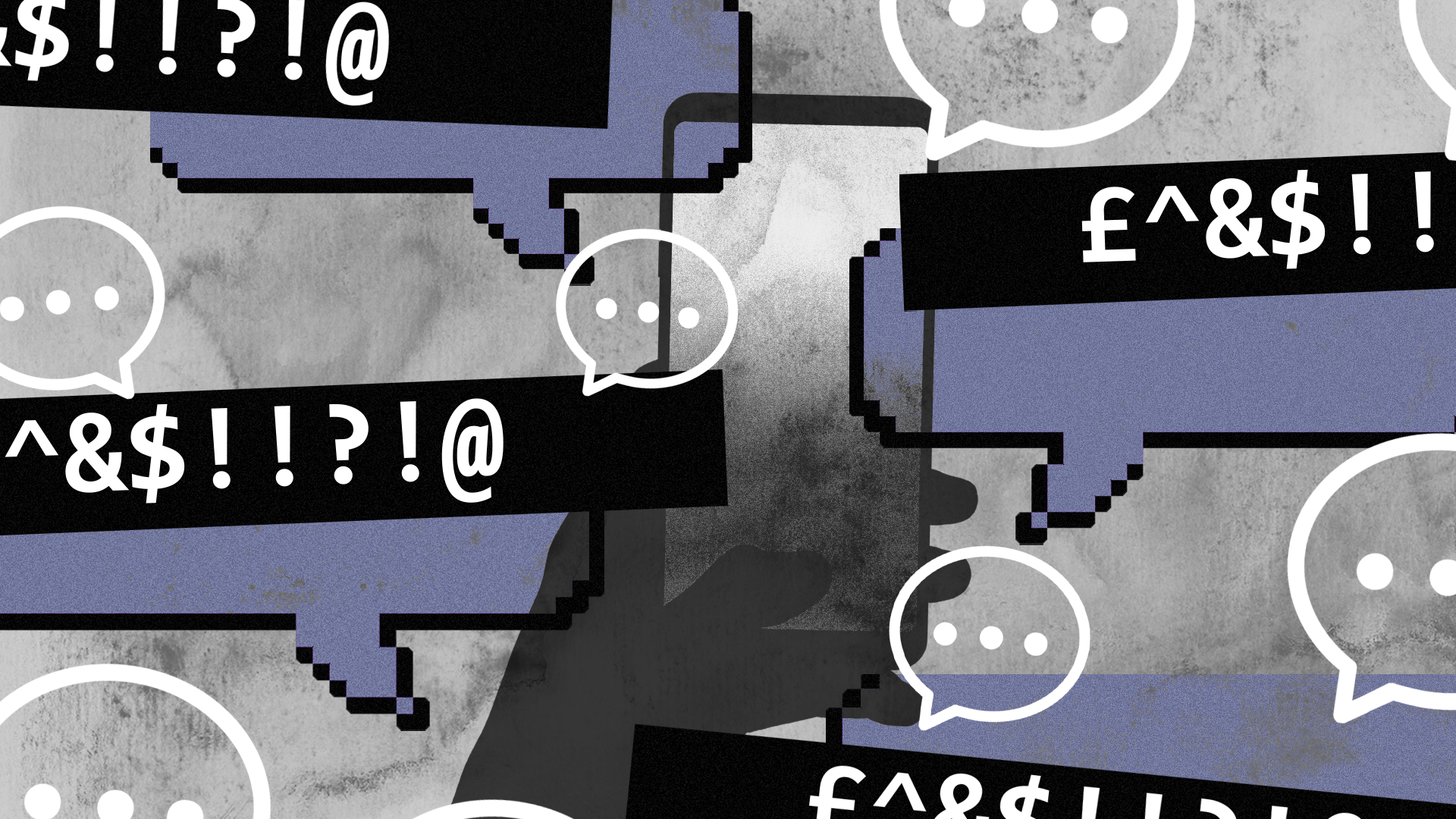A recent BBC investigation puts pressure on UK authorities to shut down an online forum that freely discusses suicide. Is it the right call, or is it placing too much attention on a symptomatic cause rather than the root problem?
TW: This article discusses mental health issues and suicide. If you are in need of urgent help, please refer to the NHS website here for a list of numbers and resources.
A new investigation into a suicide forum by the BBC has put pressure on British authorities to shut it down.
The website – which will remain nameless – is an open chat forum that anyone can anonymously sign up for to discuss mental health issues and suicide. Several groups are available to post in, including a general suicide chat, a recovery chat, and an off topic chat. Subject matters vary widely, with many serving as venting exercises or attempts to reach out to likeminded sufferers.
Others, however, ask for specific information and tips on ‘strategies’ and methods. This area of the site is where the most concern is, especially for young people who may have deliberately sought out the website for resources or support. The BBC in particular says the website actively encourages vulnerable people to take their own lives.
How accurate is this portrayal of the forum? More importantly, would banning such a platform really alleviate the biggest killer of men under 50 in the UK, or is it symptom of a wider cultural issue? Should we be expecting our governments to intervene within communities that are perceived to be harmful?
Why is there a push to ban the platform and why is it a danger?
Forums openly discussing suicide can be extremely dangerous, for obvious reasons. A casual scroll through recent posts includes discussion of methods, consequences, and shared experiences of suicide attempts.
The argument that publications like the BBC make is that suicide forums actively lure young people into their communities. Once they’re registered, information is then provided and encouraged to push them into action. The belief is that these users would not have taken their own lives without the involvement of online chat spaces.
There is validity to this narrative.
The BBC mentions over 50 individuals that were registered on the site before committing suicide, with many of the families seeking government intervention to shut things down permanently. One YouTuber by the name of Tantacrul describes this forum specifically as ‘the most toxic site I’ve ever seen’.
For now, Ofcom has threatened to block the site after it publicly declared it will not be following new UK online safety laws passed in Parliament last month. Ofcom has new powers to take action against social media sites and companies, including 10% fines and jailing website owners and founders.
A specific concern in this case is how easy the forum is to access. It’s freely available to anyone, including children. Reports and articles have made an effort not to refer to the forum by name, but it still garners several million hits every month. There is clearly an audience and a community built around suicide, despite pressure for government involvement.
Having such a large volume of traffic to a website with unfiltered information and conversation will understandably be a concern to those who don’t suffer from mental or physical ailments.
To those who have lost loved ones to suicide, it is logical to make a direct connection to websites such as this forum and place blame largely on platforms where information is shared between likeminded individuals. Those interviewed by the BBC described the site as ‘poisonous’ and designed to prey on ‘incredibly vulnerable people’.



















